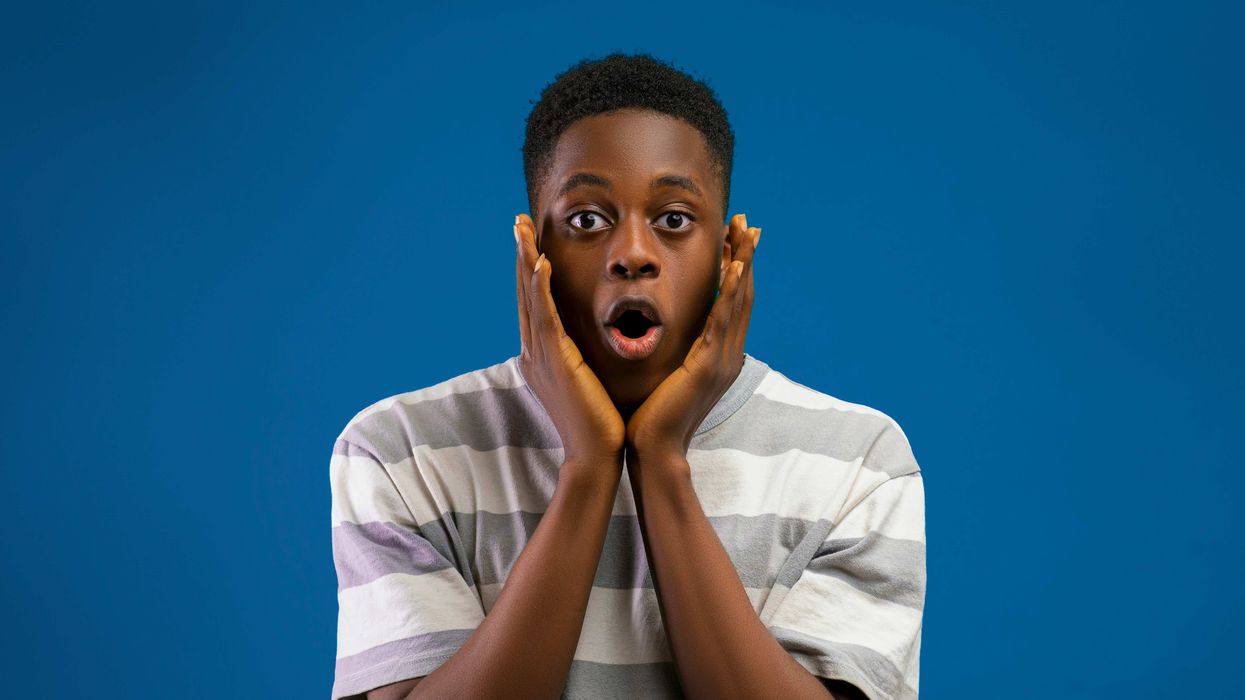President Donald Trump was widely criticized after he openly boasted about surviving an assassination attempt while honoring late far-right activist Charlie Kirk—who was assassinated last month at an event at Utah Valley University—with the Presidential Medal of Freedom earlier this week.
Trump was injured in an assassination attempt at a July 2024 campaign event by a gunman who was shot and killed by the Secret Service. The shooting ultimately claimed the life of one man and injured two others. The phrase “Fight! Fight! Fight!”—shouted by Trump in the immediate aftermath—has since become a rallying cry among his supporters.
Trump accused the political left of growing “very violent,” embracing what he called “the devil’s ideology,” and targeting him personally even though the motives of his own attempted assassin have not been adequately determined:
"They fired sniper rifles at ICE agents… and me, you know? But I was―I made a turn at a good time. I made a turn at a good time. I turned to the right."
"Charlie couldn’t believe it, actually. He said, ‘How the hell did you make that turn?’ I said, ‘I don’t know.’”
You can hear what he said in the video below.
It was a stunning display of Trump's narcissism, and one person observed it had only taken Trump "just over a month" to follow through on another social media poster's prediction that Trump would "eventually insinuate[s] he's more manly for surviving a gunshot."
Others weren't shocked but were nonetheless disgusted by the display.
This is the second time in recent weeks that Trump has made an event honoring Kirk all about him.
Last month, he used his eulogy during the televised memorial service for Kirk to proclaim he "hates" his political opponents—mere minutes after Kirk's widow, Erika Kirk, called for forgiveness.
Trump referred to Kirk's assassin as a “radicalized, cold-blooded monster" and made it abundantly clear that he does not view his political opponents with anything but "hate" and disdain. Trump said that while Kirk "wanted the best" for his opponents, he, by contrast, can admit that "I hate my opponent, and I don’t want the best for them."

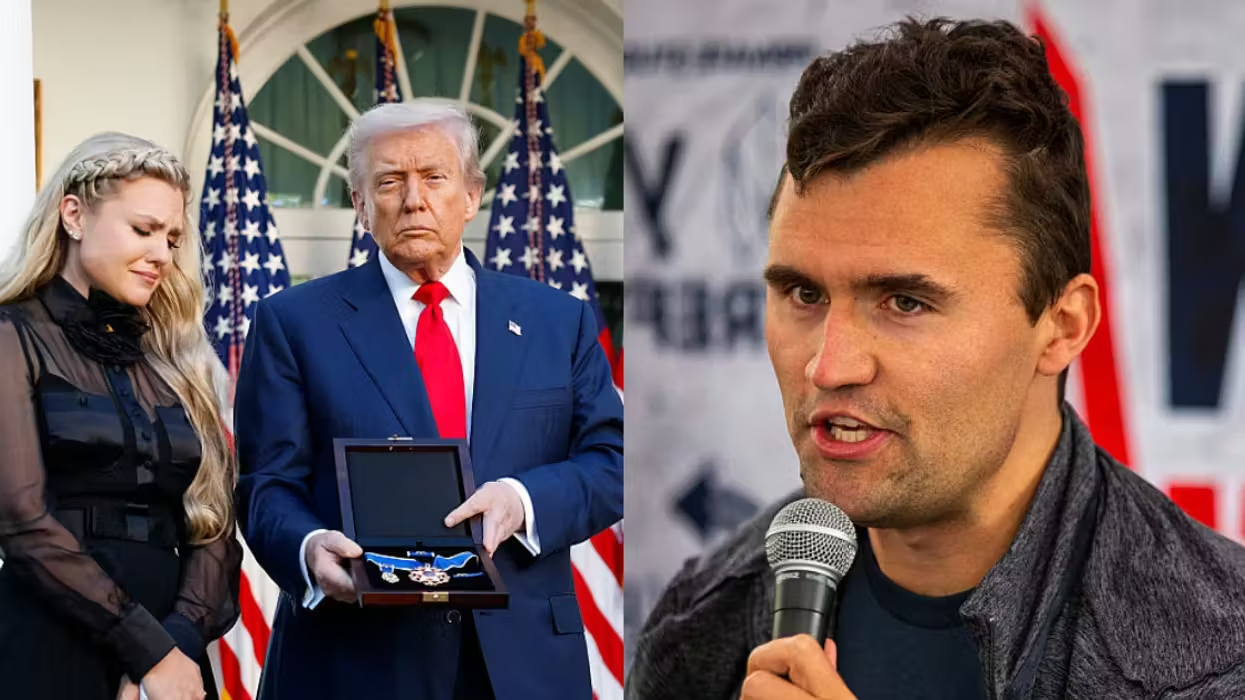


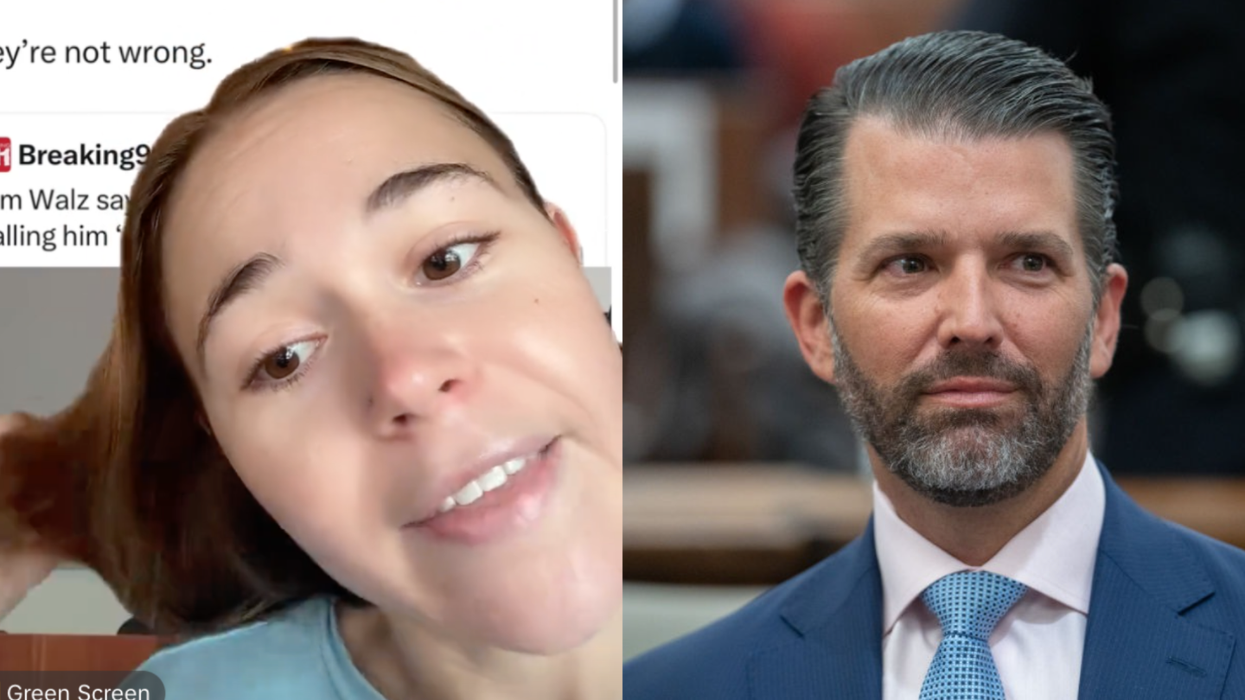
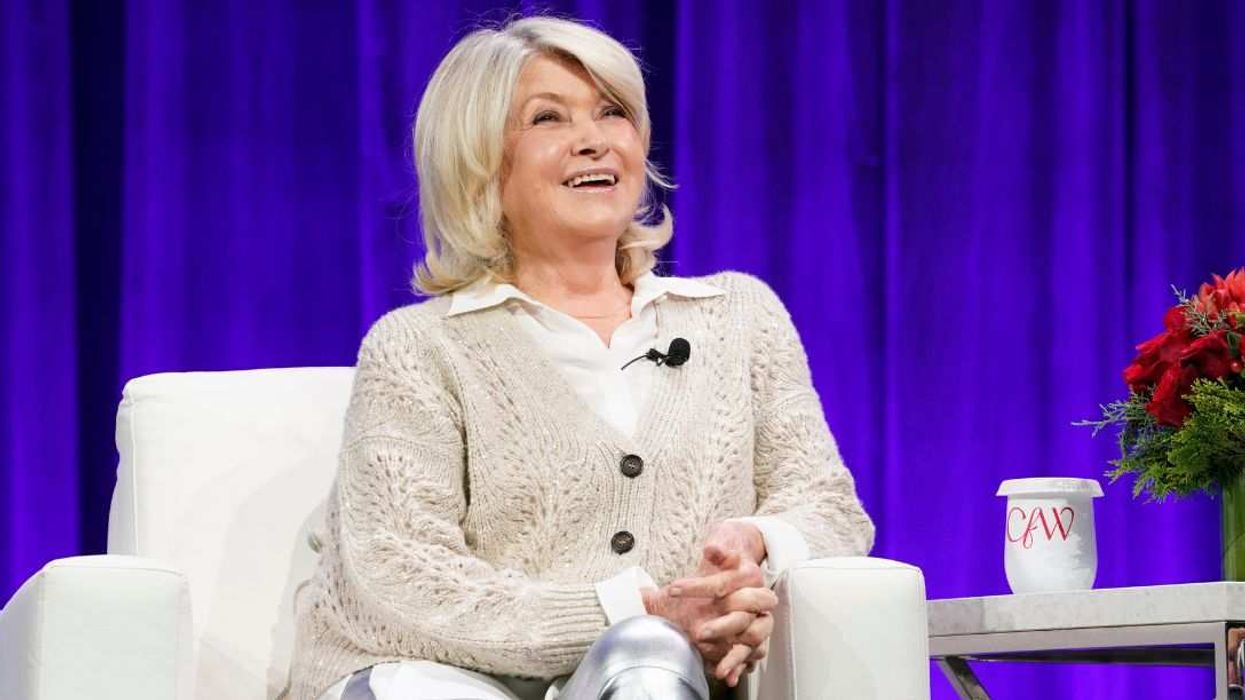
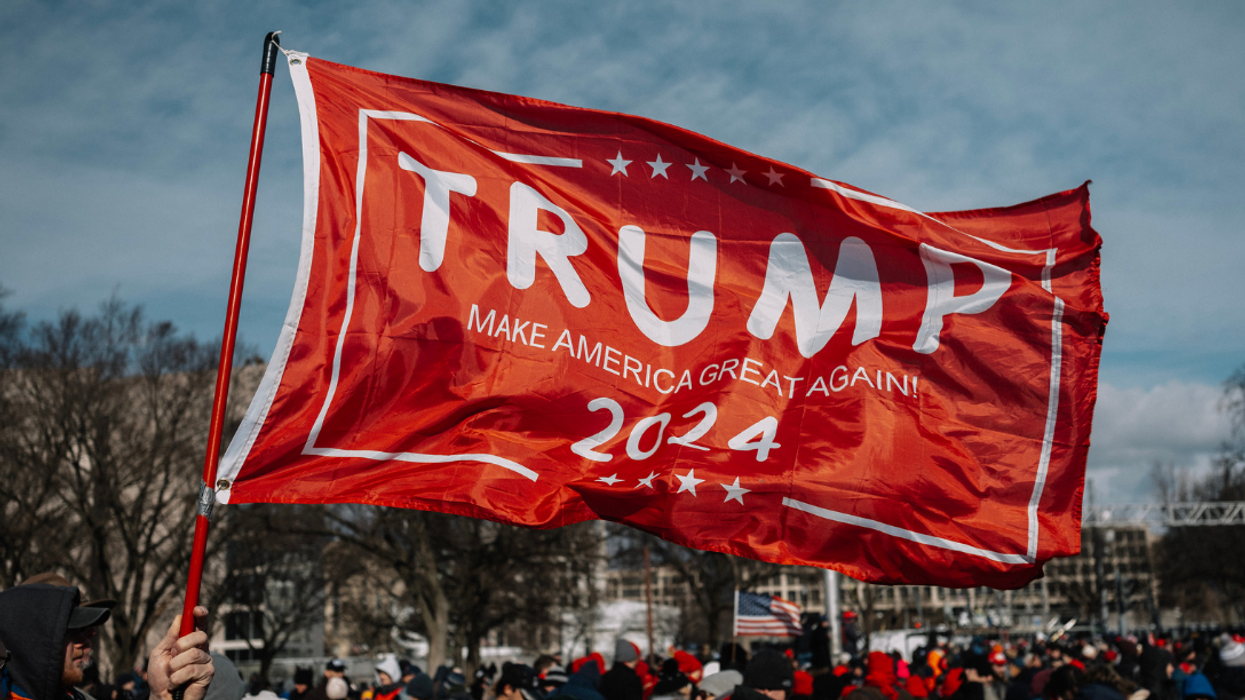

 Ash Stanton/Facebook
Ash Stanton/Facebook Laura Sprinkle/Facebook
Laura Sprinkle/Facebook Akira Karasu/Facebook
Akira Karasu/Facebook Cevanna Gilbert/Facebook
Cevanna Gilbert/Facebook Troy Adam/Facebook
Troy Adam/Facebook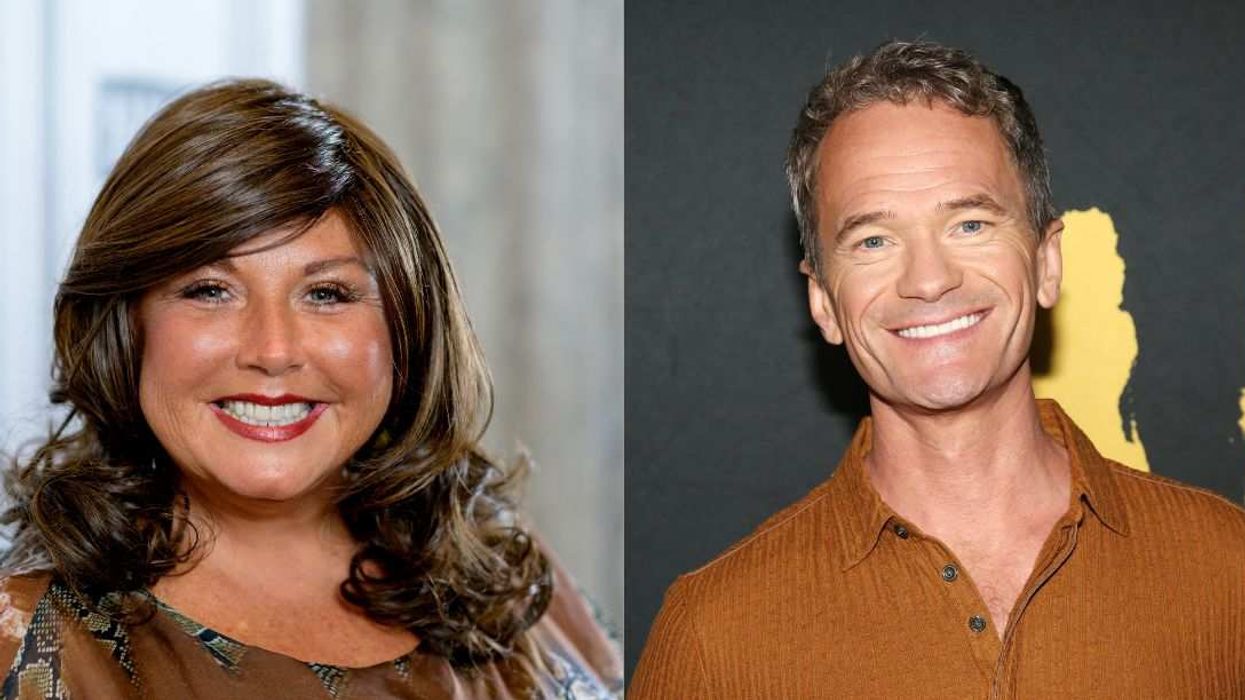
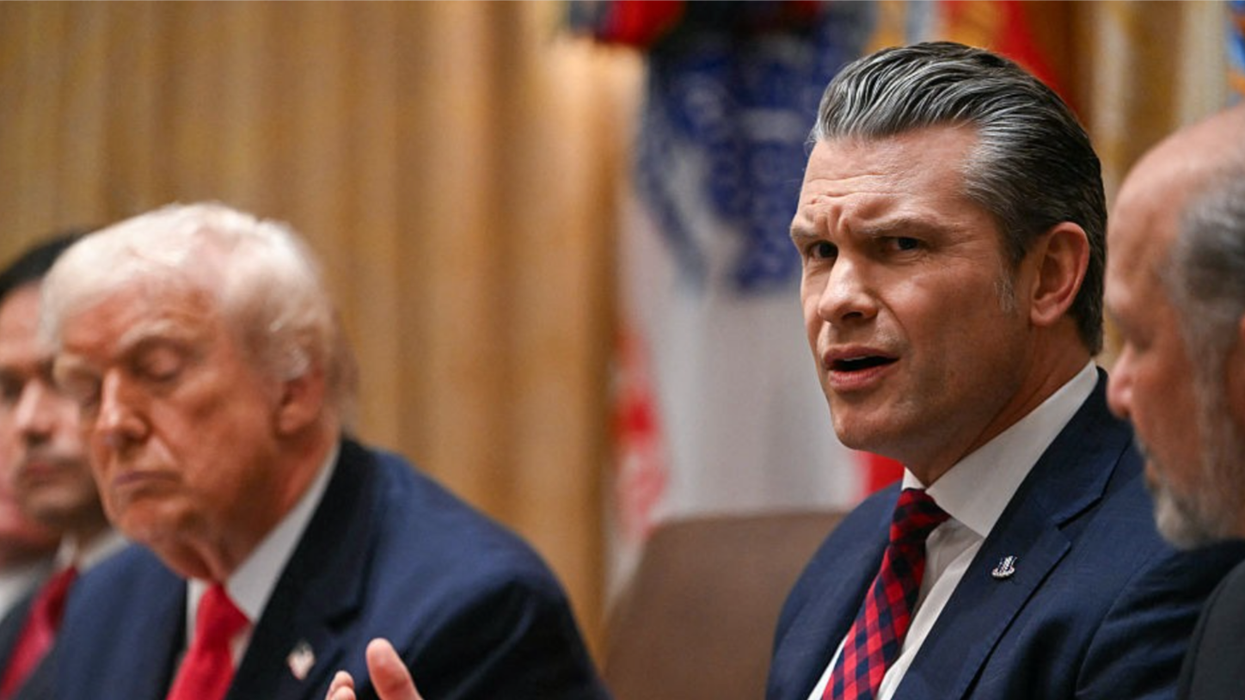
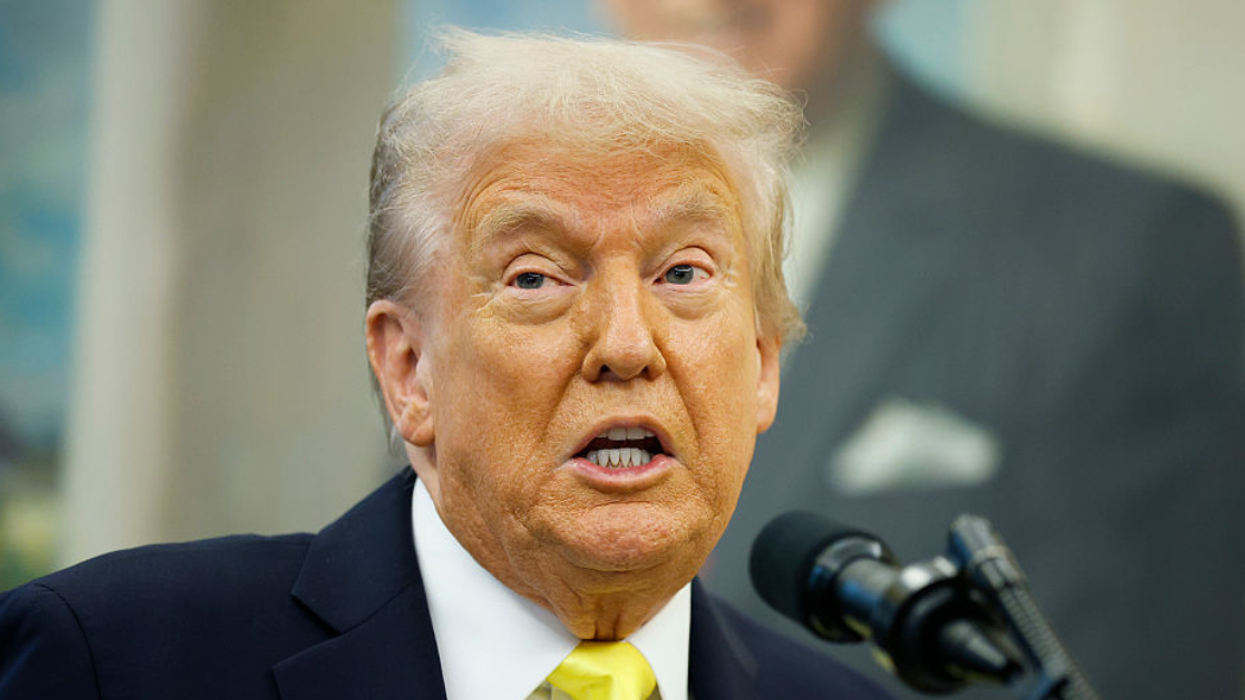
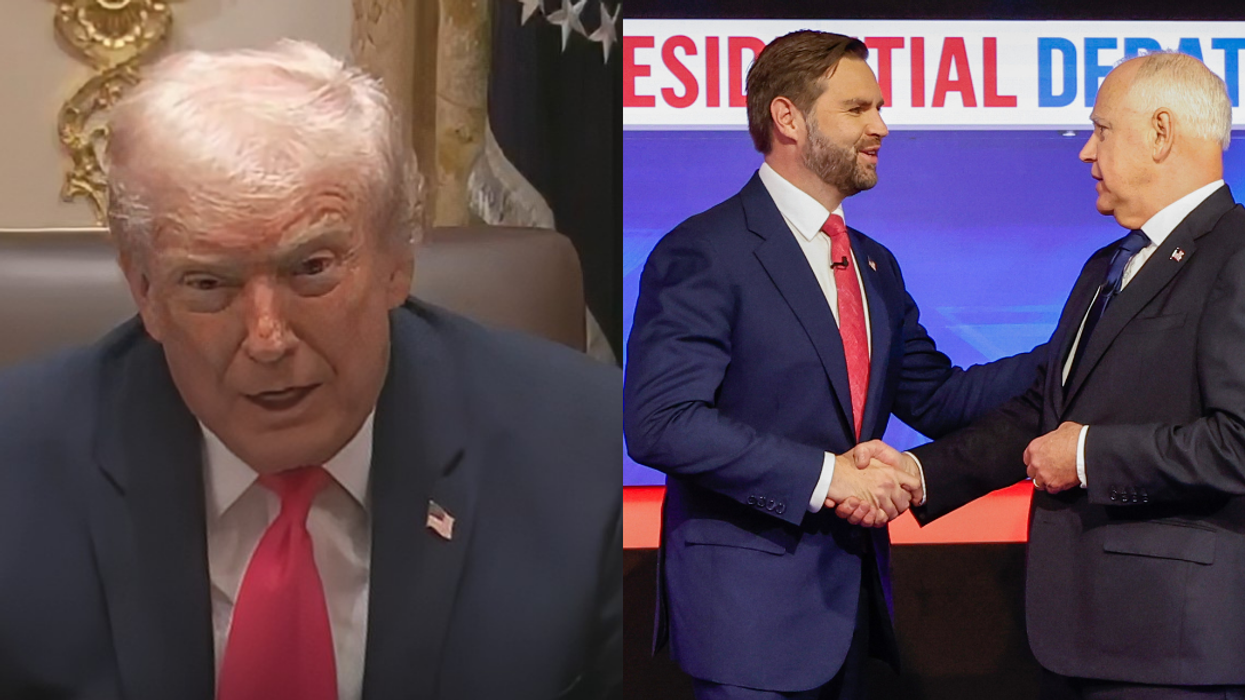
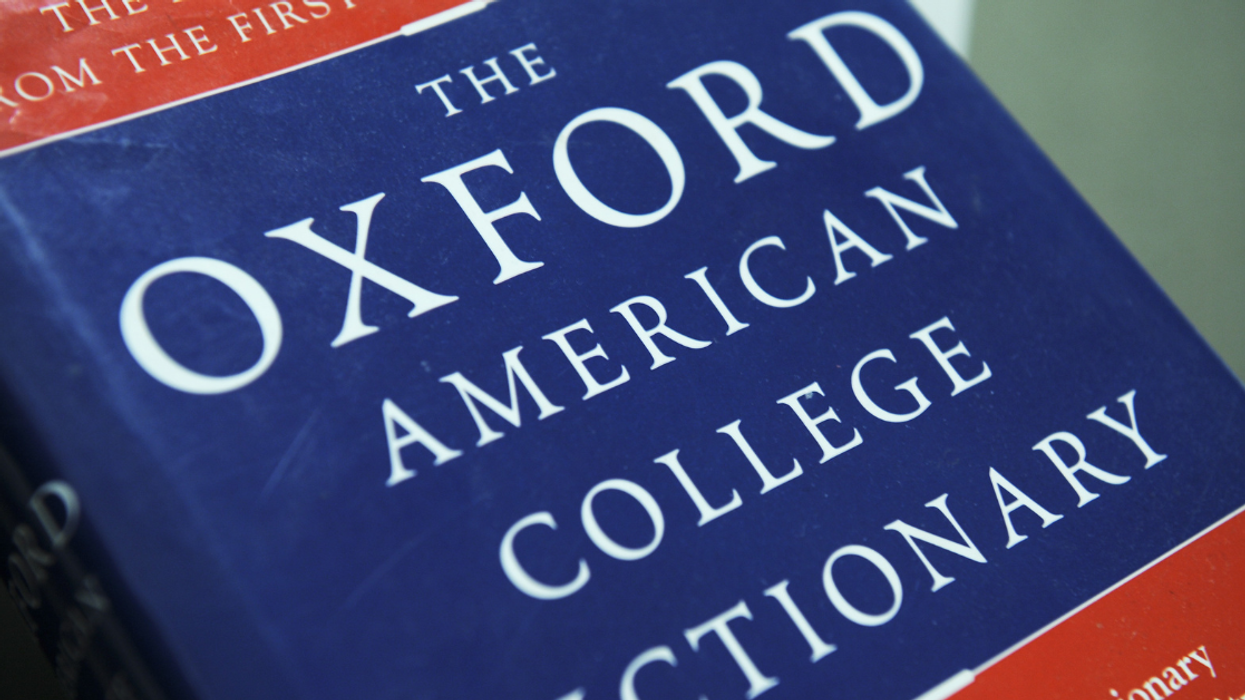
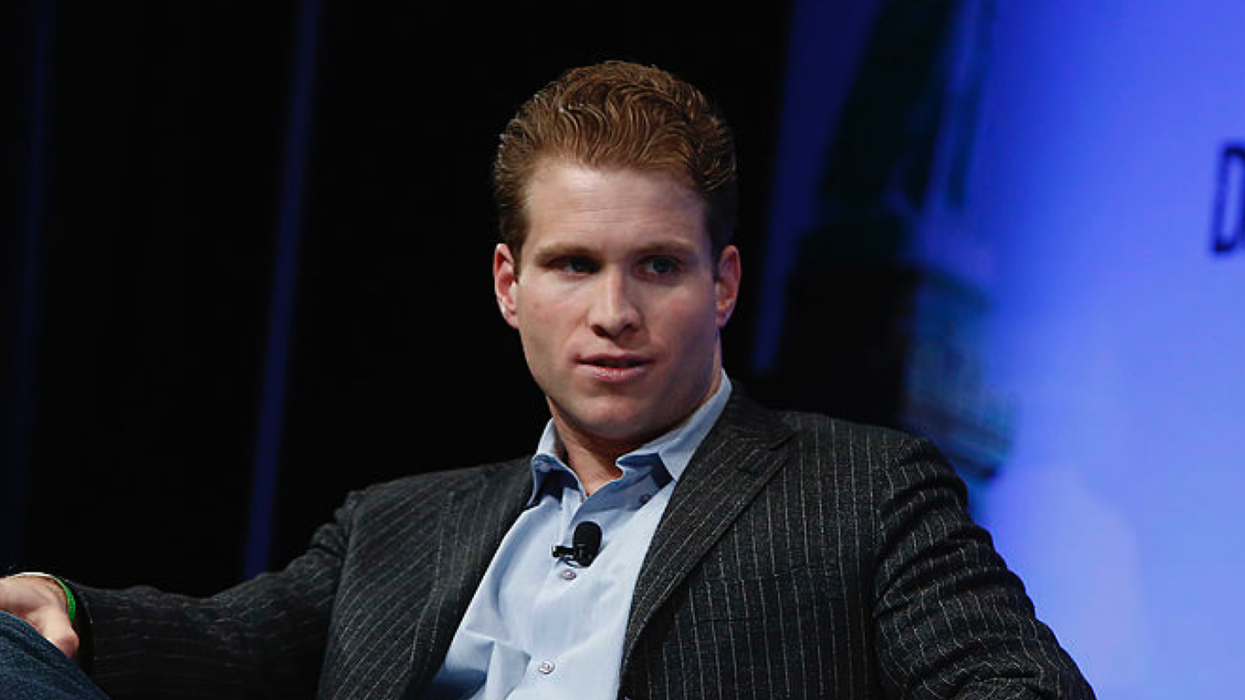
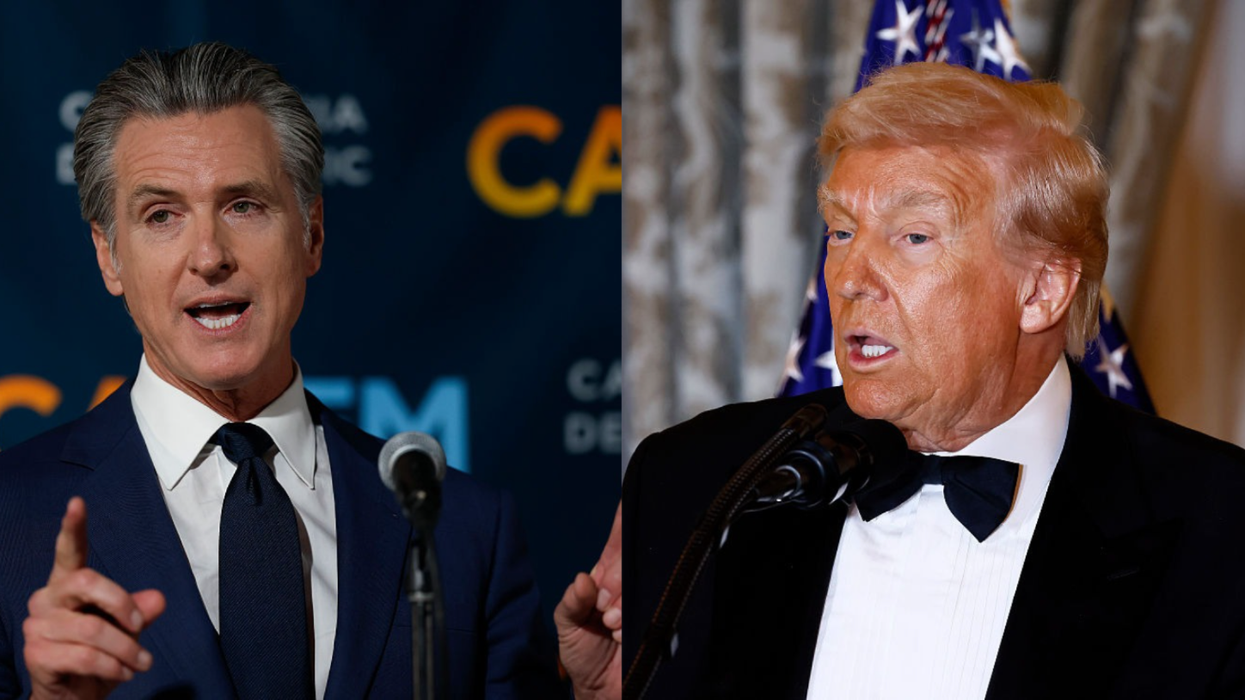
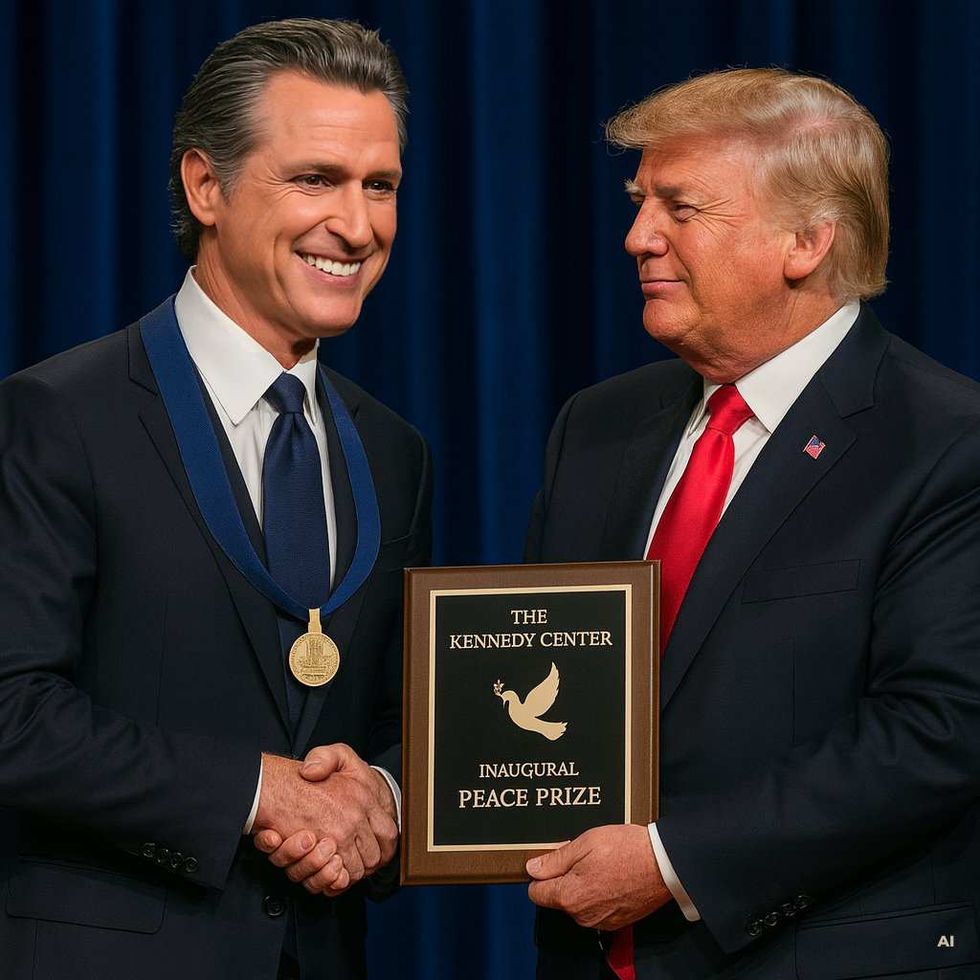 @GovPressOffice/X
@GovPressOffice/X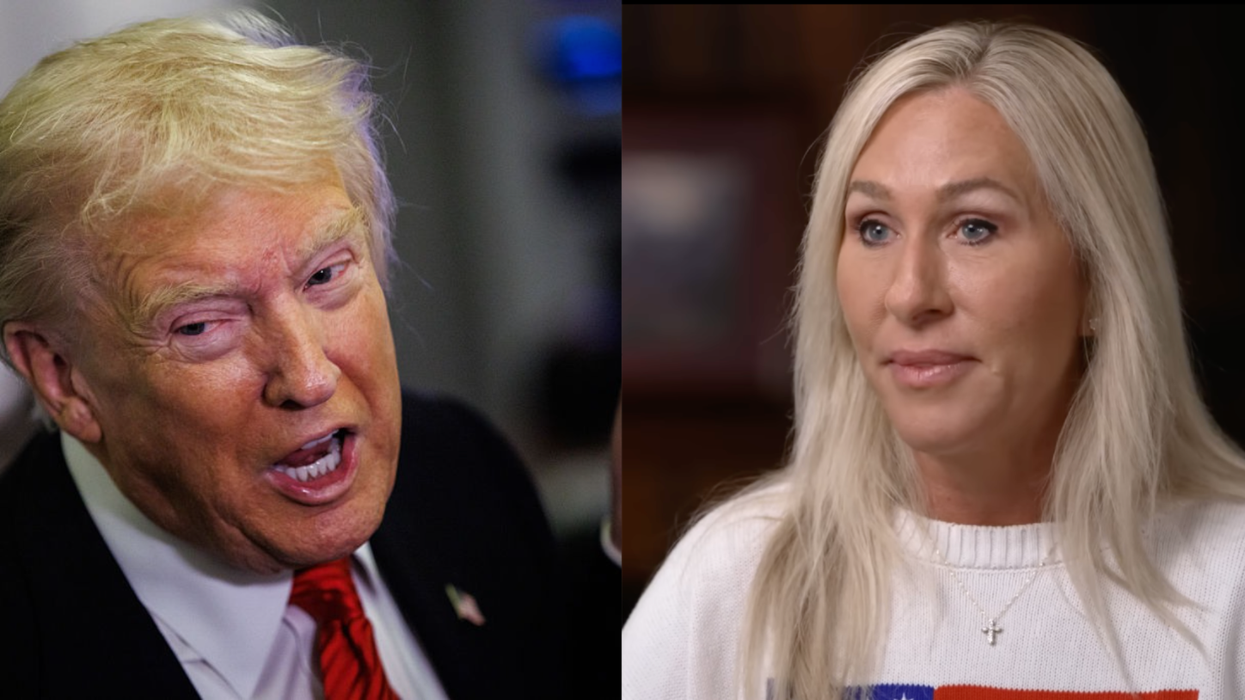
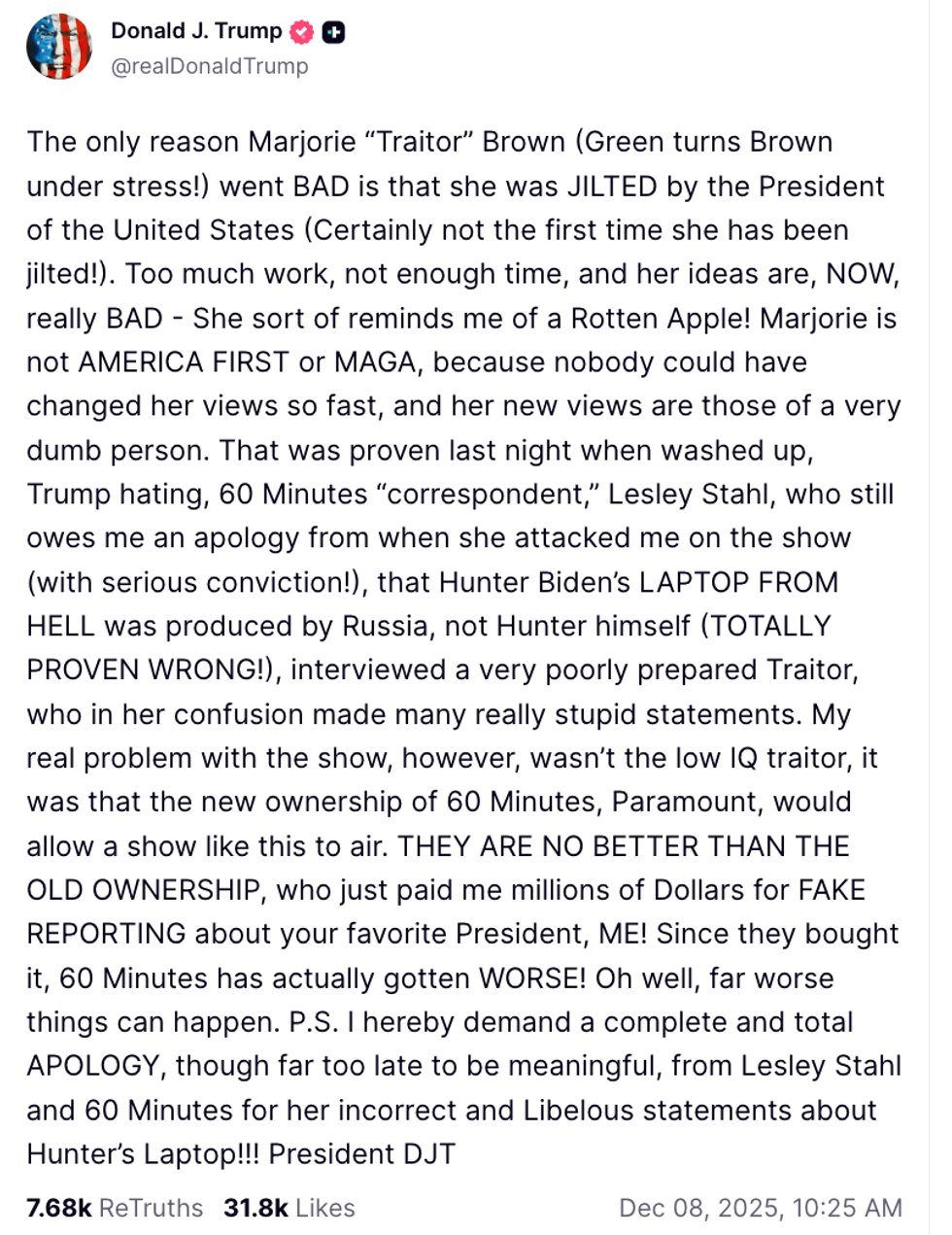 @realDonaldTrump/Truth Social
@realDonaldTrump/Truth Social